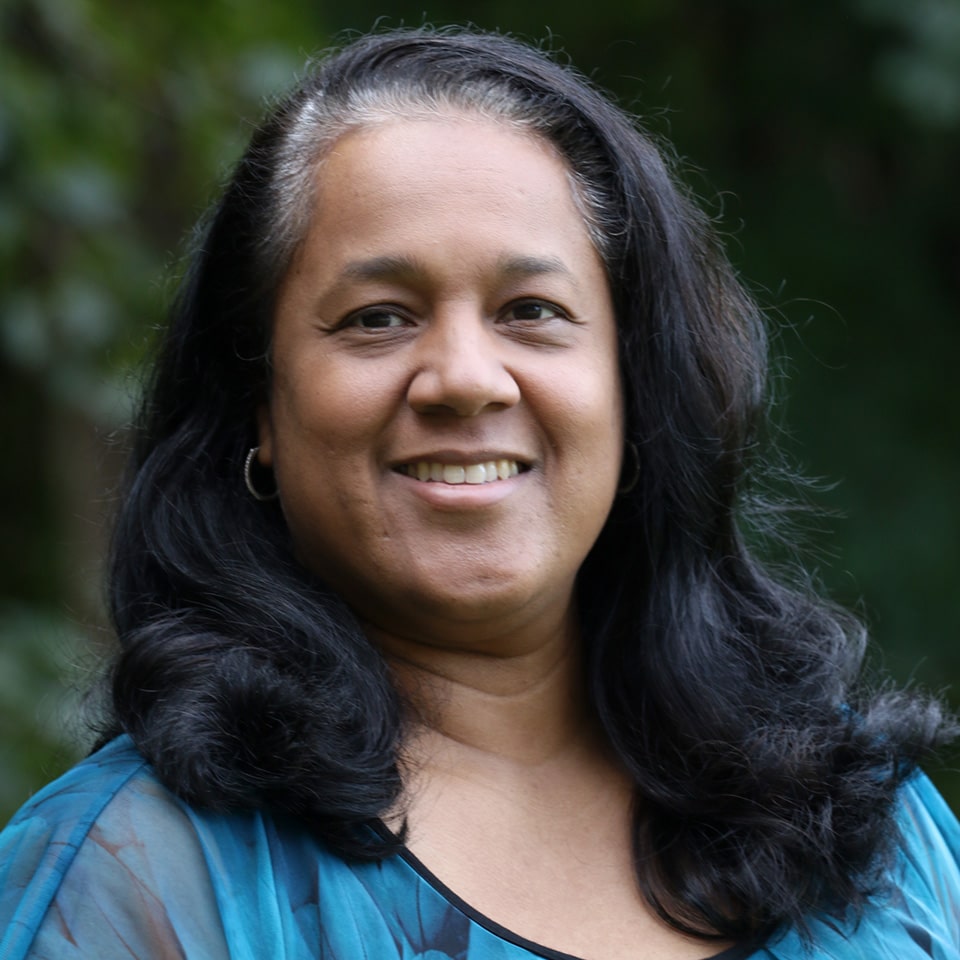“Do the best you can until you know better. Then, when you know better, do better.” – Maya Angelou
As human beings, we are fallible; we are imperfect. At some point, we will all make mistakes that hurt others or that we wish we could take back. Our core values of honesty and responsibility are at the heart of the concept of accountability; when we are honest about our actions and intentions, we can take responsibility for our impact on others. Accountability then becomes a pathway to self-reflection that will help us to understand how we can shift our behaviors to align with our community norms. As we consider how adults can model accountability and support our children and students in “trying on” this concept as they grow and develop.
Being intentional, thoughtful, and mindful in our interactions is essential. All of us can benefit from slowing down and even pausing at times to consider our words and actions before we engage with others. When we are emotional, dysregulated, or impulsive, our words and deeds can come out in ways we don’t intend and hurt others. Daily, I observe and experience situations that are small in scale and can easily be repaired—a bump on the playground or an unkind word that causes hurt feelings. Addressing these minor issues allows us to practice taking responsibility for our impact and build up our capacity to grapple with the more significant issues that will inevitably come up. When the harm we cause is more severe and requires intervention to restore a relationship, we can lean on those past experiences to inform our approach.
Making mistakes is inevitable, and they provide an important opportunity for us to grow. If we move away from shame and focus on the ways we can be intentional, thoughtful, and mindful, we will learn to be fully present with others, to think before we speak or act, to “read the room,” and to be attuned to the feelings of others.
I appreciate that extending grace to oneself and others is crucial to growth. Many times, harm is caused when we don’t know what we don’t know. Hence, when we are called out—or better yet, called IN—to awareness, we can act accordingly, moving toward accountability and changing behavior.
As members of this beloved community, we demonstrate our commitment to our stated values– respect, responsibility, honesty, caring, excellence, and joy–by leaning into the process of learning and growth.

